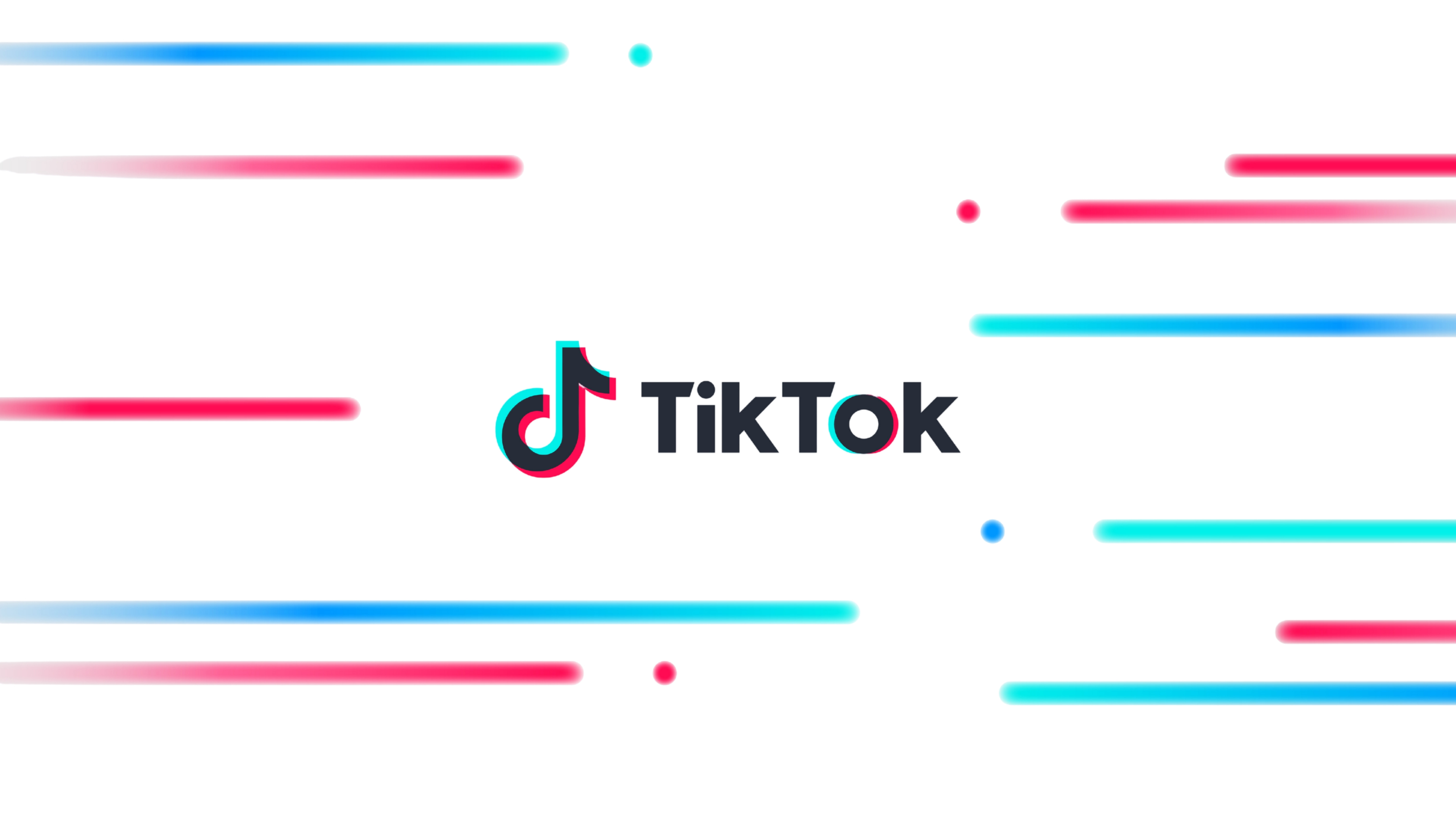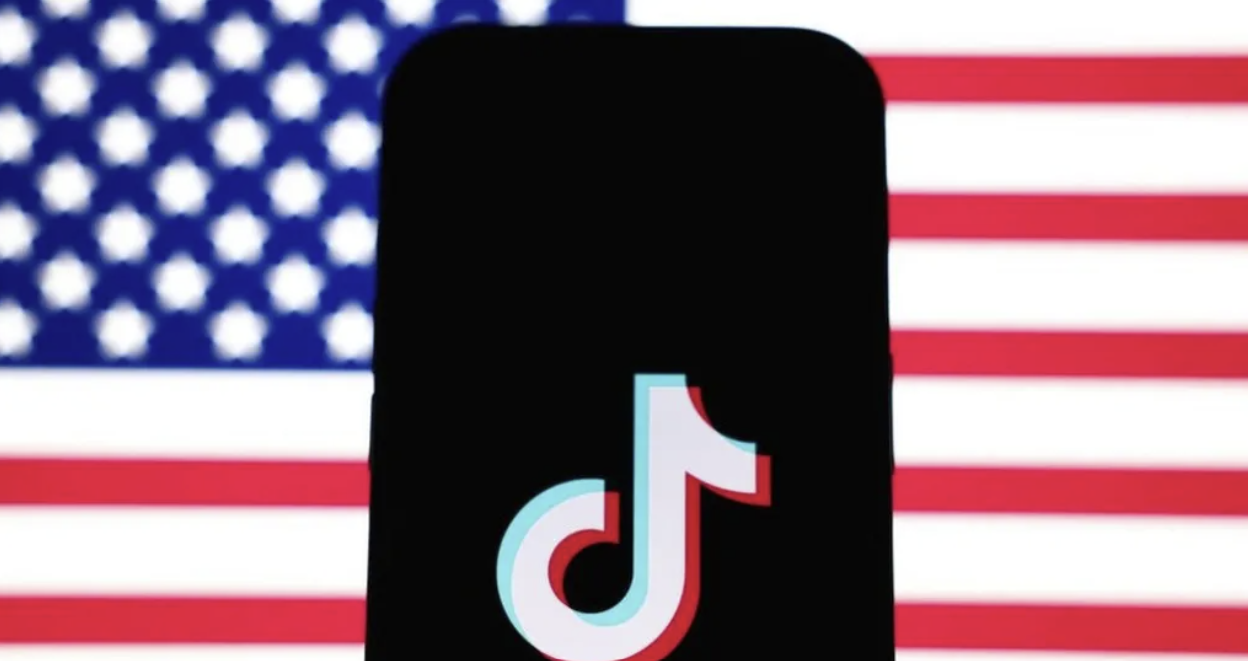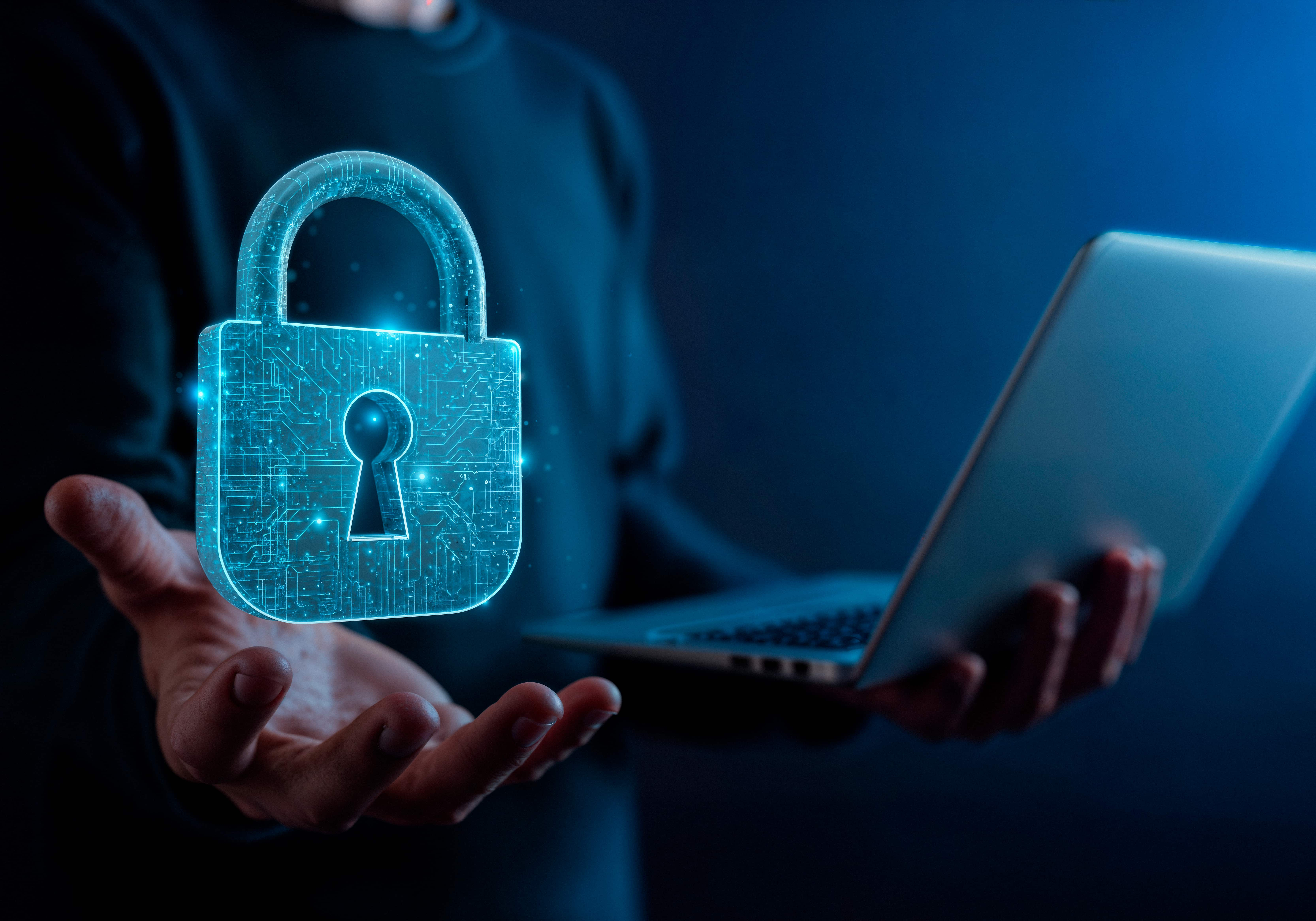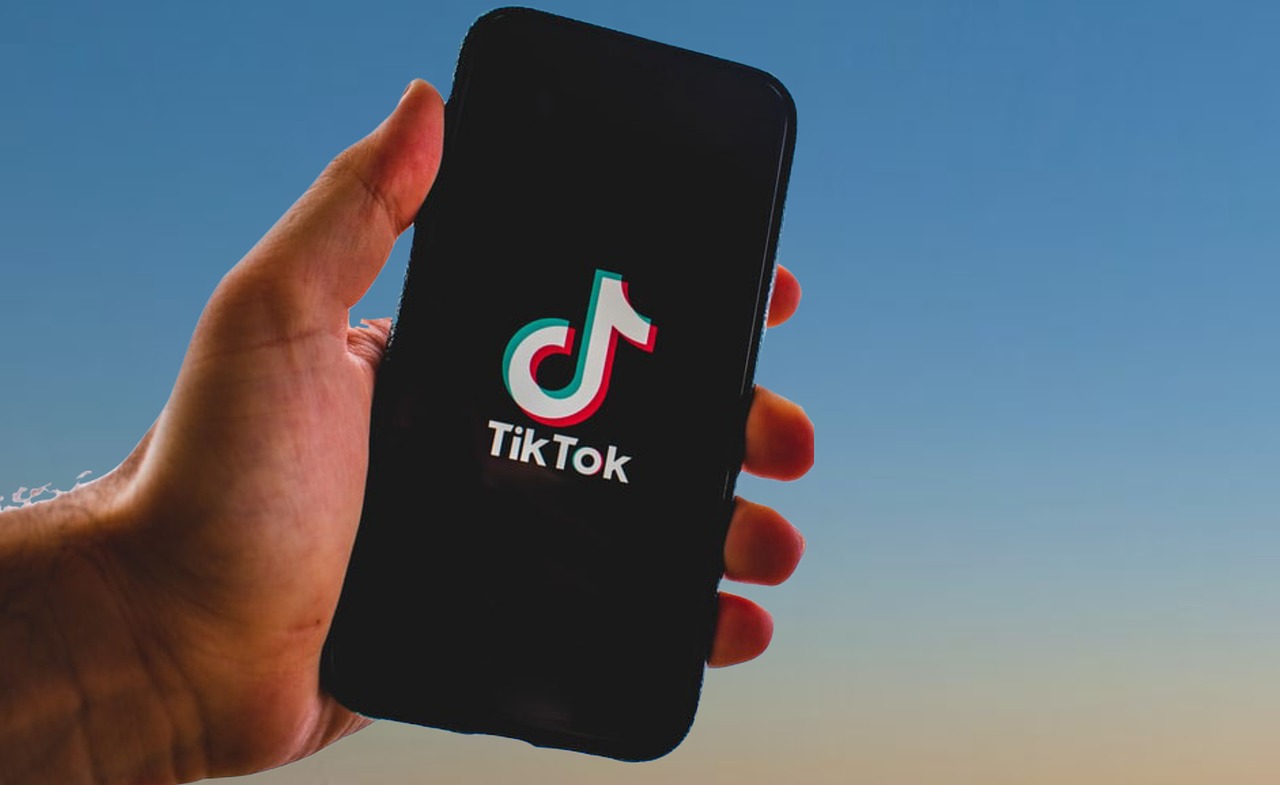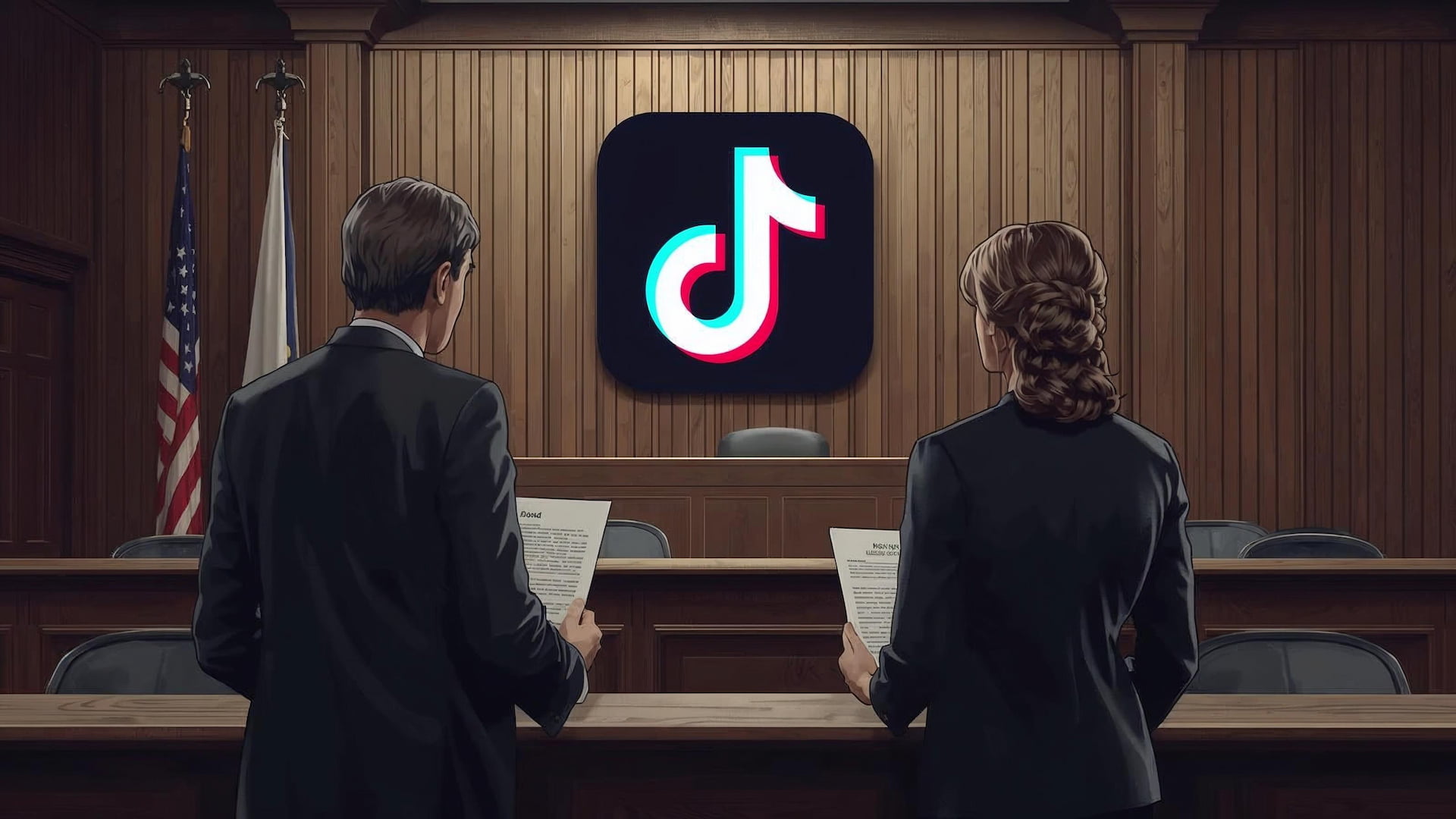The European Commission has concluded that TikTok’s design breaches the Digital Services Act by encouraging compulsive use and failing to protect users, particularly children and teenagers.
Preliminary findings say the platform relies heavily on features such as infinite scroll, which automatically delivers new videos and makes disengagement difficult.
Regulators argue that such mechanisms place users into habitual patterns of repeated viewing rather than supporting conscious choice. EU officials found that safeguards introduced by TikTok do not adequately reduce the risks linked to excessive screen time.
Daily screen time limits were described as ineffective because alerts are easy to dismiss, even for younger users who receive automatic restrictions. Parental control tools were also criticised for requiring significant effort, technical knowledge and ongoing involvement from parents.
Henna Virkkunen, the Commission’s executive vice-president for tech sovereignty, security and democracy, said addictive social media design can harm the development of young people. European law, she said, makes platforms responsible for the effects their services have on users.
Regulators concluded that compliance with the Digital Services Act would require TikTok to alter core elements of its product, including changes to infinite scroll, recommendation systems and screen break features.
TikTok rejected the findings, calling them inaccurate and saying the company would challenge the assessment. The platform argues that it already offers a range of tools, including sleep reminders and wellbeing features, to help users manage their time.
The investigation remains ongoing and no penalties have yet been imposed. A final decision could still result in enforcement measures, including fines of up to six per cent of TikTok’s global annual turnover.
Would you like to learn more about AI, tech and digital diplomacy? If so, ask our Diplo chatbot!

